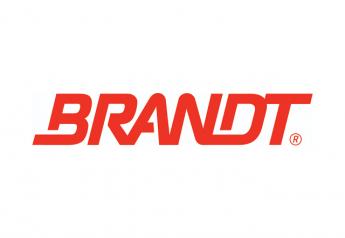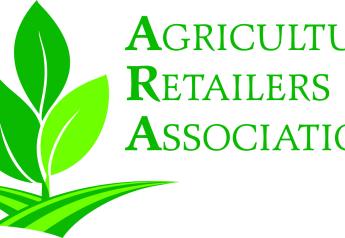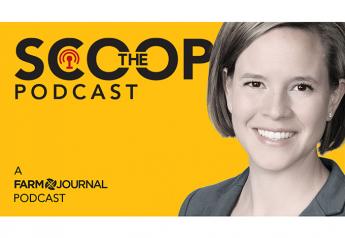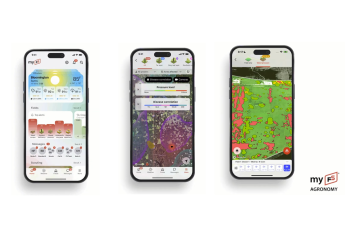Size of farming is a reason for lack of trust by consumers

With research affirming that increased transparency boosts consumers' trust in the food they eat and how it was produced, transparency is no longer an option for farmers and ranchers, the Center for Food Integrity's Charlie Arnot told farmers and ranchers from across the country during a workshop at the American Farm Bureau Federation's 97th Annual Convention and IDEAg Trade Show.
As farms have grown bigger over the decades, people's trust in agriculture has declined, Arnot said. Consolidation, integration and technological advances in agriculture have resulted in safer, more available and more affordable food— and more skepticism from the public.
"As we've changed in size and scale and in the kind of production techniques and technology we use, we now reflect a different type of agriculture than many people anticipated," Arnot said. "We consistently hear from people that they trust farmers but they don't trust farming."
As a result, agriculture has lost its social license— the privilege of operating with minimal formalized restrictions, such as laws and regulations, based on maintaining public trust by doing what's right. Key to trust is value similarity, and many consumers feel the current generation of farmers and ranchers don't share their values.
"Shared values are three-to-five times more important to building trust than sharing facts or demonstrating technical skills or expertise," Arnot said.
In consumers' eyes, farmers' practices are an illustration of values in action. By being transparent and sharing their practices, farmers can demonstrate their values, which in turn builds trust. But consumers don't only want to hear from farmers, they want farmers to listen to them. They want a chance to ask their questions, get answers and to be heard and acknowledged on issues they consider important.
There are many ways farmers and ranchers can give consumers these critical opportunities to engage, but before they put themselves out there, they should consider a few things.
First, understand that who you are is as important as what you know.
Second, look at skepticism as the fuel for discovery. It's not personal. "Embrace skepticism as a chance to engage," Arnot said.
Third, transparency is no longer optional for farmers and ranchers. It's up to farmers and ranchers to find ways to illustrate their commitment to doing the right thing in producing food. "Somebody's going to be telling your story, it should be you," he emphasized.
In closing, Arnot stressed that building consumer trust would not be a quick fix.
"One of the great things about farmers is your commitment to solving problems," he said. "This is not a problem that is going to be solved in the next cycle of production. This is a generational problem. We need a long-term vision to build trust."







